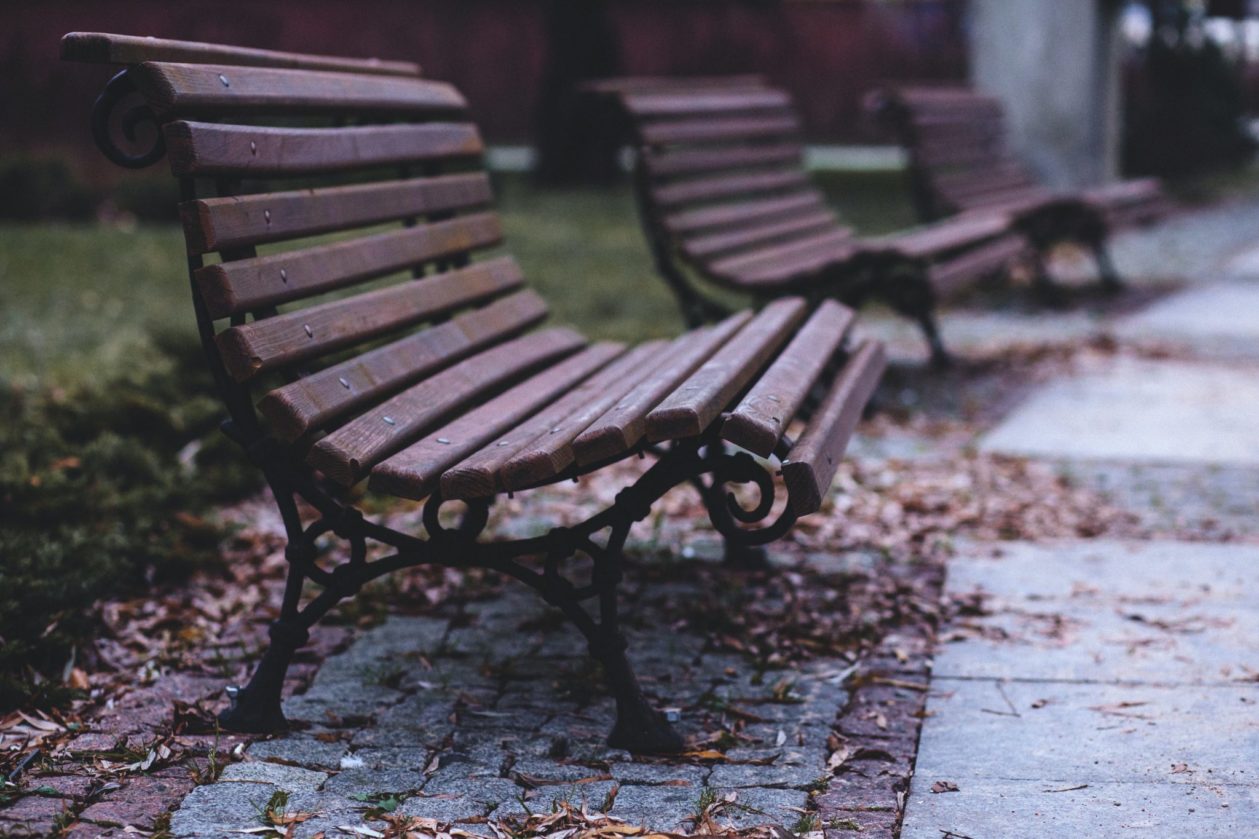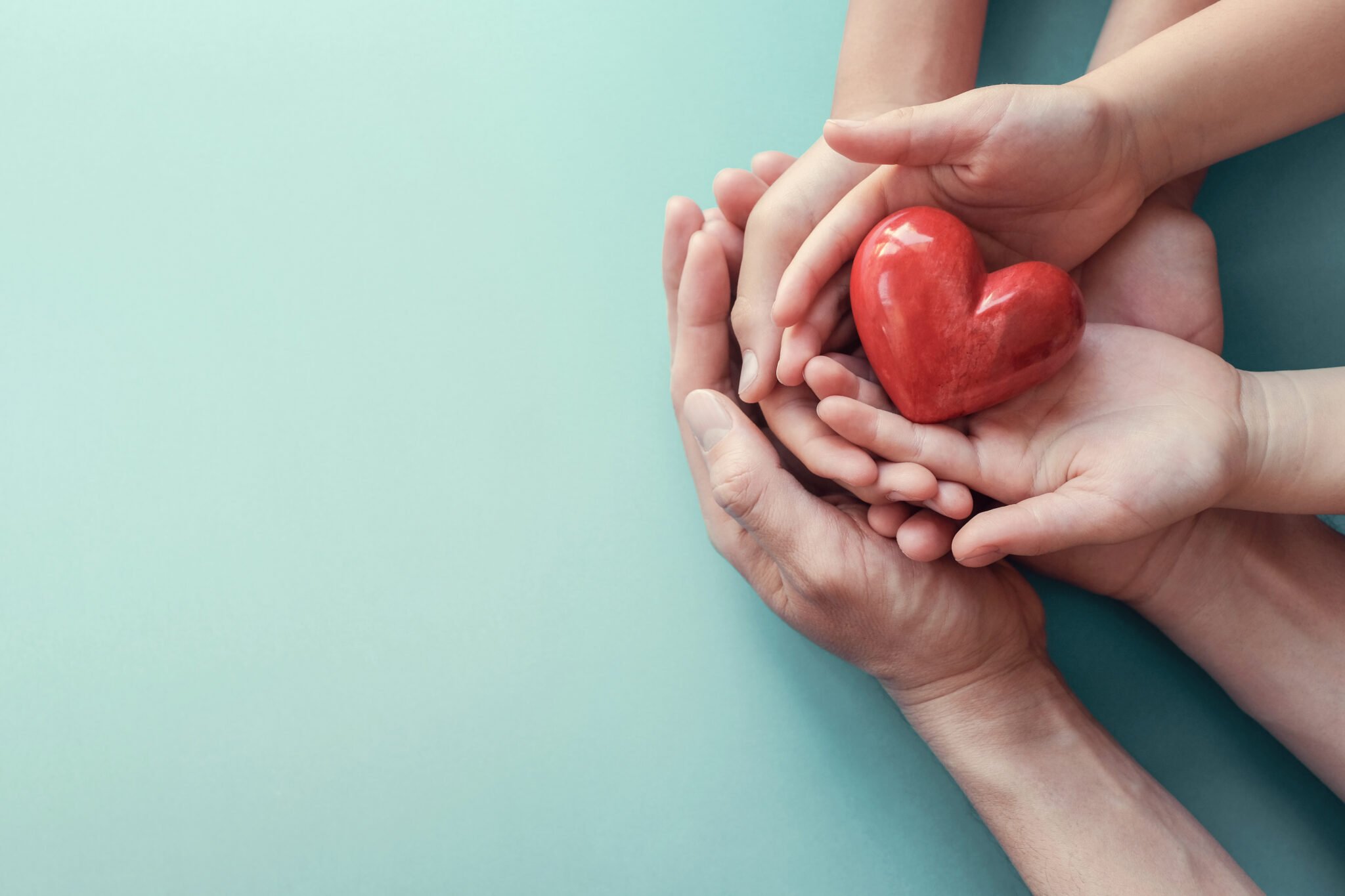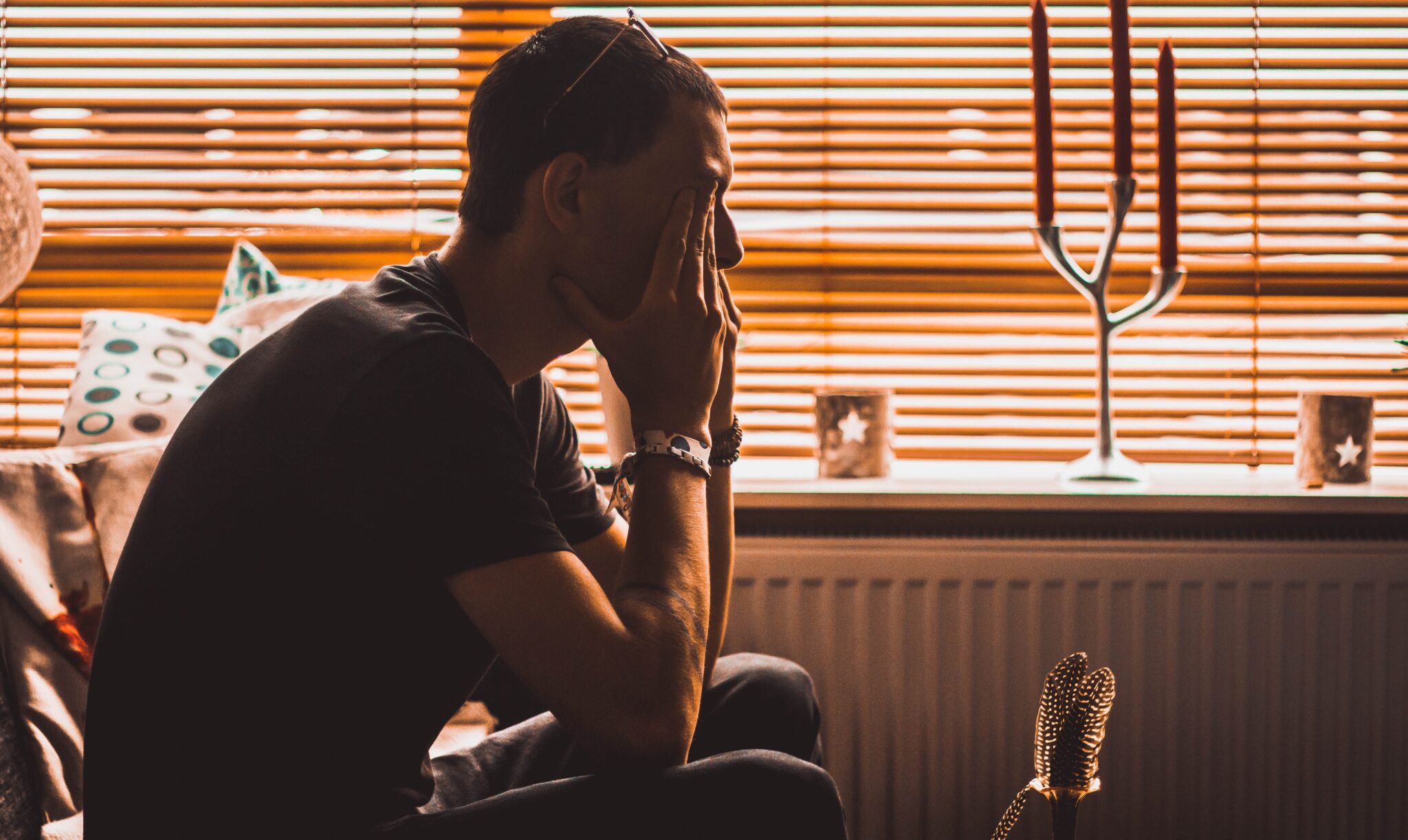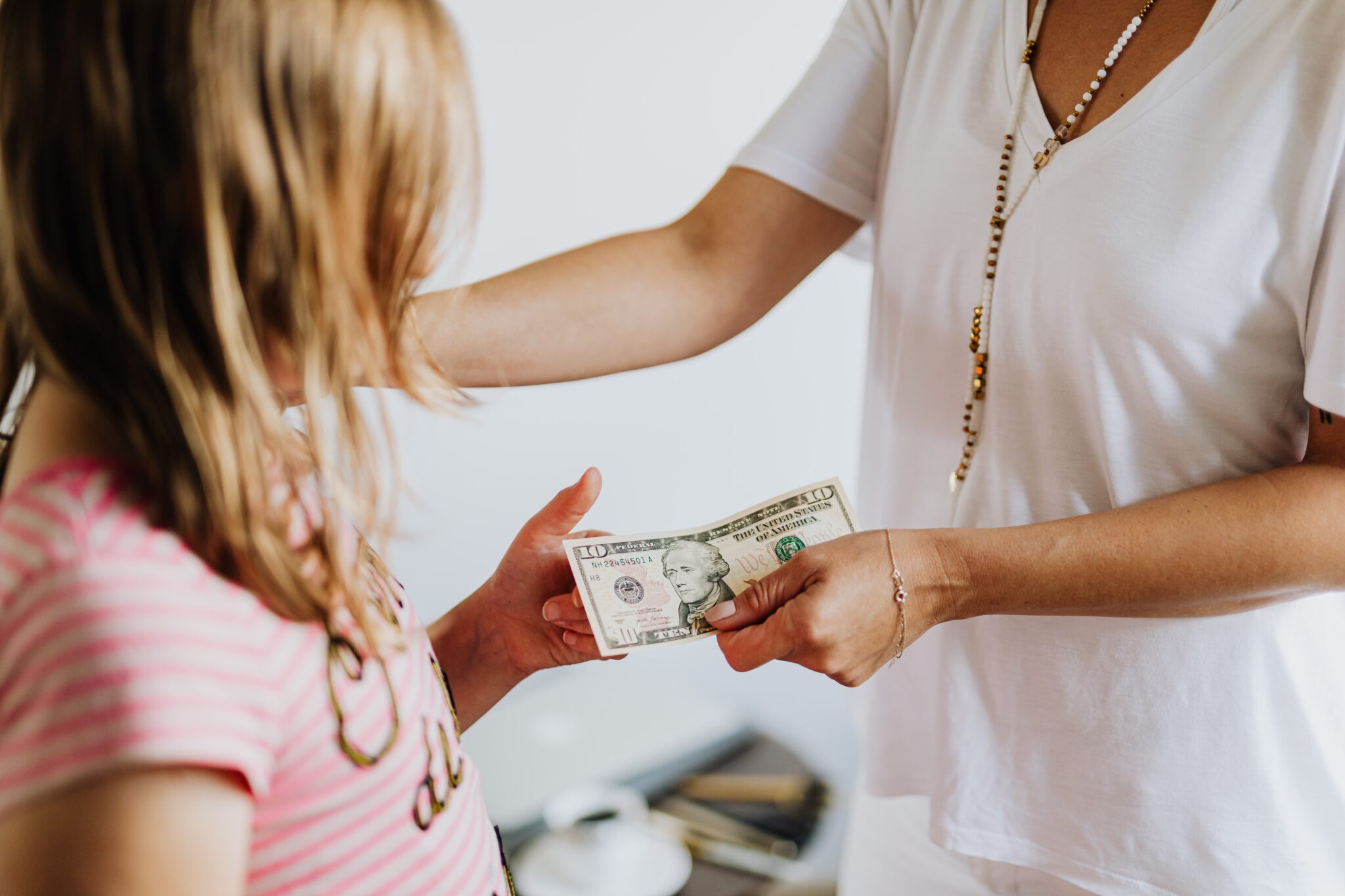“It’s staggering to me when you think of a third of people 45 or above claim in scientific surveys that they’re lonely all the time,” said Jim McCann, founder of 1-800-FLOWERS.COM and executive chairman of Worth. “When you look at the, let’s say, millennials, these are young people and 22 percent of them say they don’t have a single friend, 27 percent say they have a couple of casual friends at best. Even that most connected generation, the Z generation, the kids who were born and grew up in the age of digital, these people say they’re lonely about a third of the time as well, and some of them say they don’t have any friends. When I say some of them, up to 17, 18 percent say they don’t have any friends, and these people are online and connected all the time.”
It’s clear that the pandemic and the consequential quarantine has taken a toll on so many people’s mental and emotional health. From anxiety and loneliness to depression and grief, many of us have been experiencing an influx of difficult emotions. Worth brought together Marc Brackett, founding director of the Yale Center for Emotional Intelligence, Rebecca Soffer, cofounder and CEO of Modern Loss, Boaz Goan, CEO of Wisdo, and Kathleen Entwistle, private wealth advisor at Morgan Stanley Private Wealth Management, for our latest session of The Next Normal, moderated by McCann, focusing on mental health in the COVID era. We began our discussion on the topic of loneliness.

“Lonely is…we wouldn’t call it a feeling, it’s an experience,” Brackett said. “Some people are lonely because they feel shame around interacting with people because of their appearance or they have feelings about their loneliness, meaning ‘I don’t want to interact because I’m embarrassed about X, Y or Z’ or ‘I feel badly about what I do for work or that I don’t have work.’ We do know from research that there are major consequences of loneliness, from immune system challenges to just prosperity, that people who are chronically lonely have greater physical and mental health challenges and so it’s something we have to deal with. There’s a big difference between loneliness and being alone…Aloneness is a choice; I choose to be alone. Loneliness is a different psychological experience. Think about it, it has feelings of isolation, it could have feelings of exclusion, so it’s much more layered.”
Brackett wants to encourage people to stop labeling emotions as good or bad, and just take the feeling as it is.
“I think for me, what’s most important is that we move away from judging emotions as good or bad, like my experience was my experience,” he explained. “Right now, I know from the research I’ve done, that we have chronic anxiety in our nation. I mean, I’ve done 15,000 people studies…anxiety is there. You know, I’m a man, I’m the director of a center for emotional intelligence, I can’t be anxious, well, I’m a mess…and I’m OK with it. That’s the work, right? The work is not allowing the anxiety or the loneliness or whatever experiences to have the power over you. The work is to learn how to understand it, label it properly, find ways to express it and then, ultimately, manage it in ways that help you achieve your well-being, achieve the relationship goals that you have.”
Entwistle echoes this sentiment.
“Relationships are so important, and connections,” she said. And in a time like the one we’re in, building and nurturing connections to quell loneliness and maintain good mental health couldn’t be more important.
“There’s been an acceleration in what’s been called the loneliness epidemic even before COVID,” Gaon said. “One of the ways to define loneliness is the gap between the relationships that you have in your life and the relationships that you wish you’d have or wish you could acquire, but there’s no bridge between what you have and the people that you would like to surround yourself with. What’s been happening over the past few generations, primarily with social networks, is that we’ve all been conditioned to connect to other people who answer to two criteria which have shown to increase loneliness instead of alleviating feelings of isolation. Those two criteria [are], one, people who are already in your social breadth, so these are friends of friends of friends’ friends that you would want to impress rather than confide in, and the second criteria is popularity, how many friends they have, how many likes they’ve gathered, how many followers they have.”

“What happens over time is that you get into a loop of continuously being judged and craving the feedback from people who you would like to impress,” he continued. “Well, when you’re facing a significant life moment, and all of us on this call now and all of the people listening to this conversation are going through a significant life transition right now, the people that you want to acquire to bridge the gap between where you are and people you want in your life that would be able to alleviate loneliness is most often people who answer to three totally different set of criteria. One is people who can understand you and people who’ve been there…people who would be able to say the magic words ‘I’ve been there, I’ve been in your shoes, it’s going to be OK.’ The second is people who are helpful. It’s the people who are ranked by how helpful they’ve been to other people rather than by how popular they’re seen by other people in your vicinity…Now, the third on board that we’ve added is, OK, you told us what you’ve been through, you told us where you are now, maybe you’d like to share a little bit about where you want to get to. We gather all that data and that is how we make the connections, building what we’ve fondly been calling the wisdom breadth complementing the social breadth. The last thing that I would say on this topic is that we’ve seen loneliness reducing by about 70 percent within the first two weeks of using [Wisdo].”
This sort of loneliness is what led Soffer to start her company, Modern Loss. After the loss of both of her parents at a young age, Soffer struggled with finding someone to turn to, since so many of her colleagues couldn’t relate to what she was going through.
“I really struggled with how to create space for what I was going through because…I was surrounded by a lot of people who are my age and they couldn’t relate to it,” Soffer said. “The topic of loss and grief…maybe a mom has a baby, and everyone is surrounding them and bringing casseroles and hugging and kissing, and then all of a sudden, you’re left to figure out how to do this thing. I was left after the funeral, after the shiva, after that mythical first month where everyone assumed that was the hardest period of time, it was like day 31, and I was twiddling my thumbs and figuring out what am I supposed to do now, what’s the road map, can someone just hand it to me because I’ll do whatever I have to do, but I don’t know what it is. It really was up to me. I feel like the bitter pill was that it was really up to me to figure out how to support myself and how to figure out how to grow in a post-traumatic way and how to figure out how to be resilient.”
“Just like Boaz, I wanted to connect with someone who was just in this mess and to not just commiserate with me but also show me instead of just put their hands on my shoulder and say, ‘It takes a year,’” she continued. “I mean, how is that helpful? It doesn’t take a year, by the way, it takes forever, you’re always living with this shade of gray. I wanted stories from other people who were at different points in this long arc of it to show me that it’s OK if it’s messy, it’s OK if it’s still messy in 10 years and 20 years, because you can also live a really rich life. You’re not broken, and you can actually use this hand that you’re dealt not just in spite of but maybe because of what you went through, you can live a really rich life. That’s what Modern Loss came out of.”
Interestingly, when it comes to loneliness, Brackett has found that despite how connected social media aims to make us feel, it actually has the opposite effect.
“The thing that’s interesting about the social media work…is that we perceive that being on Instagram, on Facebook, on Twitter, on all these different social [platforms], our minds are like, ‘I’m connected.’ When we do work with high school students in particular—and we have them literally plot how they feel, not how they think they’re going to feel but how they actually feel—they realize they’re actually more psychologically lonely and feel less positive emotions when they’re engaging in it. When we have them in real social interactions with people and interacting, they feel many more pleasant emotions. It’s playing with our brains. Our brains are lying to us, basically, we’re going to say, ‘I’m going to be connected, I’m going to be connected, I’m going to be connected,’ but in the end, we feel less connected.”
When it comes to dealing with grief, Soffer thinks social media can be a helpful place to connect to peers.
“I think that we just compare so frequently on social media because we just want to put this filtered version of ourselves out there,” Soffer said. “When it comes to the flip side, what I have found with regard to creating community around loss and grief, and not just that first year but living really well across the long arc of it, is that virtual connection can be as meaningful as a real life connection if you do it in the right way, if you do it mindfully and thoughtfully, if you do quality control and you encourage people to create peer-to-peer support.”
When it comes to dealing with loneliness and grief right now, there is no foolproof remedy. We’re all just doing our best to connect to people on and offline. For resources to help you connect to others and improve your emotional intelligence, check out Soffer’s Modern Loss, Gaon’s Wisdo and Brackett’s Permission to Feel.







